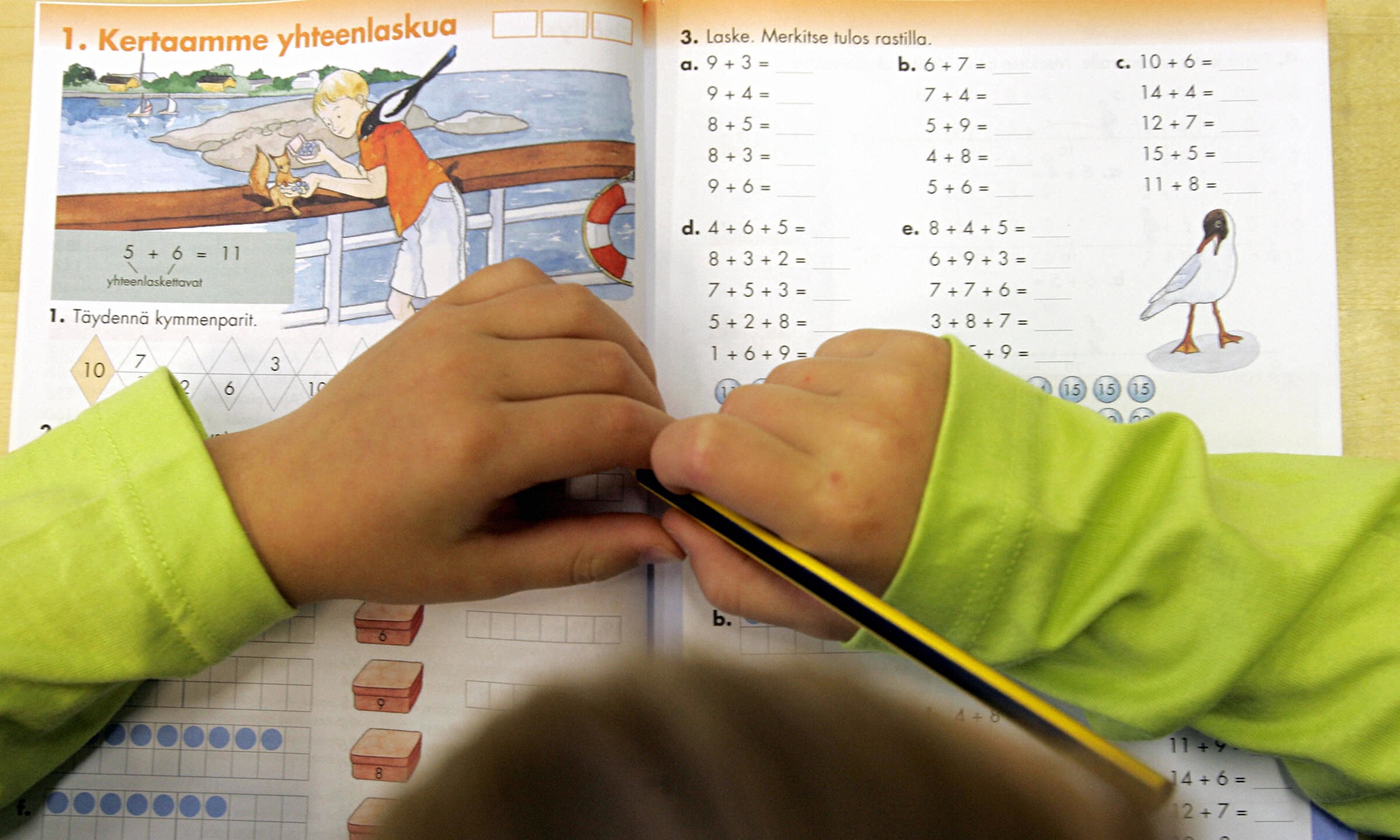As a Student Teacher holding a B at higher maths, I begin to get the butterflies in my stomach when i start to think hard on maths. Like many other students, I can find maths challenging, hard but also as a boring subject which i will have to make it as interesting and creative as i can for the pupils I teach.
My perception of Maths before from what I have seen in schools and from my personal experience reminds me of a child sitting with worksheets scribbling down numbers.
 However, maths brings a lot more to it, and after the workshop i have started to understand that maths is all around us. it comes in the form of time, money, and putting shapes into order.
However, maths brings a lot more to it, and after the workshop i have started to understand that maths is all around us. it comes in the form of time, money, and putting shapes into order. 
Our first workshop on Mathematics today brought to me a set of new ideas and changed my perception, as I always have felt that I am not very knowledgeable in Maths and it would be the most frighting subject to teach. Whereas now I feel a bit more relaxed and less anxious about going into to placement with these skills.
So why could so many of us be freighted to learn and teach maths. Frank 1990 mentioned a few ideas which are still around so many years later.
Examples, women can’t do maths.
My parents aren’t good at maths.
If you’re good at maths you can do problems quickly in your head.
You’re either good at maths OR language.
As a teacher, i would try and make my classroom as vibrant, stimulating and interactive in a way where children would be taking part in maths without having to put pressure on themselves,

There are many stimulating ways which you can get children engages with maths:
Show me boards; challenges; going outdoors and playing games whilst recording numbers, counting and much more.
Watch this inspiration video to find out about lots more interactive maths.
This brings a wealth of ideas which really surprised me as a teacher. I hope that we begin to understand maths as a whole and how it can really impact on the life’s of the children we teach.

 idea for children as it allows them to tell a story without any words and connect to other people.
idea for children as it allows them to tell a story without any words and connect to other people.





